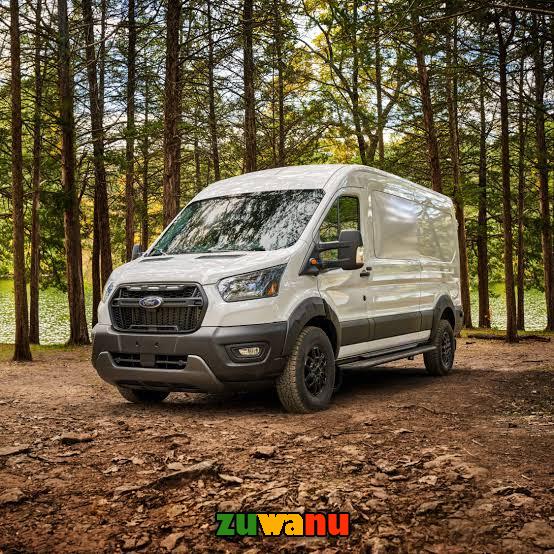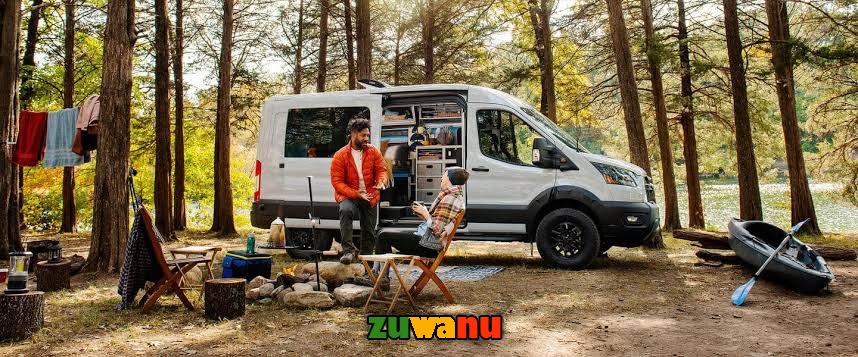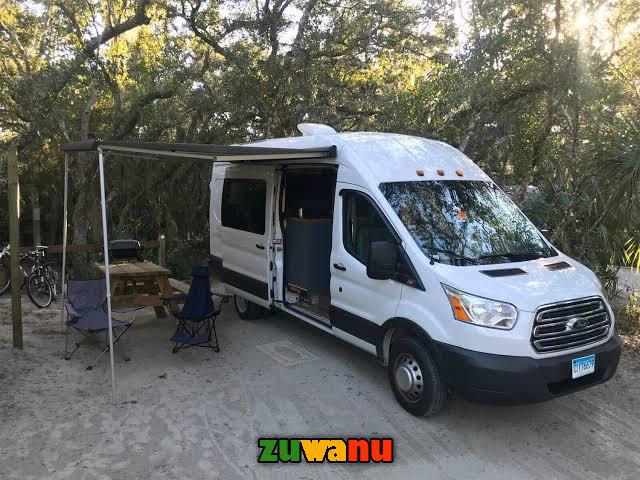Van: uses, pros and cons of Van as a mode of transportation.

Introduction:
Vans have become an integral part of our daily lives, often overshadowed by their flashier counterparts like cars and trucks. However, these unassuming vehicles play a vital role in transportation, commerce, and even personal mobility. In this article, we will delve into the world of vans, exploring what they are, their uses, differentiating them from trucks, and weighing the pros and cons of using vans over cars.
What is a Van?
Vans are typically classified as motor vehicles designed for transporting goods or passengers. They come in various shapes and sizes, from small minivans to full-size cargo vans. The defining feature of a van is its enclosed body structure, distinguishing it from trucks, which usually have open beds.
Uses of Vans

Vans serve a wide range of purposes, making them incredibly versatile vehicles. Their uses include:
- Commercial Transport: Vans are often used for commercial purposes, including delivering goods, transporting equipment, and serving as mobile workshops for tradespeople.
- Passenger Transport: Minivans and passenger vans provide comfortable and spacious transportation for families, groups, or shuttle services.
- Recreational Activities: Camper vans and conversion vans are popular among outdoor enthusiasts, serving as mobile homes on wheels for camping and travel.
- Emergency Services: Some vans are customized for medical services, as ambulances, or as command centers for law enforcement.
Difference Between a Truck and a Van
One common point of confusion is the distinction between vans and trucks. The key differences include:
- Body Structure: Vans have an enclosed body structure, while trucks have an open bed for carrying cargo.
- Size and Capacity: Vans typically have a lower cargo capacity compared to trucks. Trucks are often used for heavier cargo, while vans are better for lighter, enclosed loads.
- Passenger Carrying: Vans can be designed to carry passengers, making them suitable for family use or as passenger shuttles. Trucks are primarily designed for cargo transport.
Advantages of Vans Over Cars

Vans have several advantages over traditional cars:
- Cargo Space: Vans offer ample cargo space, making them ideal for transporting goods, equipment, and even large groups of passengers.
- Customizability: Vans can be customized to suit specific needs, whether for camping, business, or personal use.
- Fuel Efficiency: Many modern vans are designed with fuel efficiency in mind, providing a balance between space and economy.
- Comfort: Passenger vans provide more space and comfort for larger groups, ensuring a pleasant journey.
Pros and Cons of Vans
Pros:
- Versatility: Vans can adapt to a wide range of applications, from business to leisure.
- Efficiency: Vans often provide a cost-effective solution for businesses due to their cargo capacity and fuel efficiency.
- Safety: Vans designed for passenger transport come equipped with safety features, ensuring the well-being of passengers.
Cons:
- Size: Vans can be challenging to maneuver in tight spaces due to their size, making them less suitable for urban areas.
- Fuel Costs: While some vans are fuel-efficient, others can be costly to run, especially if heavily loaded.
- Initial Investment: High-quality vans designed for specific purposes can be expensive to purchase.
Conclusion:
Vans are unsung heroes in the world of transportation, offering versatility, space, and utility that cater to a diverse range of needs. Whether you’re a business owner looking to expand your fleet, a family in search of a comfortable ride, or an adventurer seeking the open road, the van has something to offer. Understanding the distinctions between vans and trucks, as well as weighing the pros and cons, can help you make informed decisions when it comes to choosing the right vehicle for your needs.
